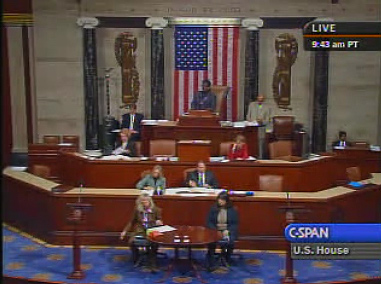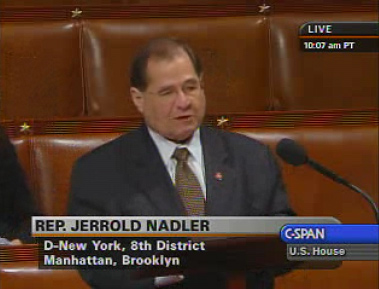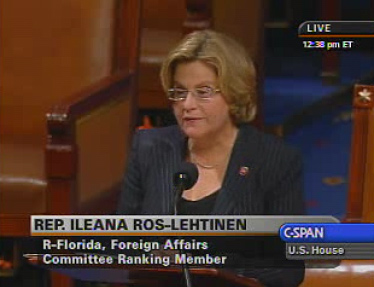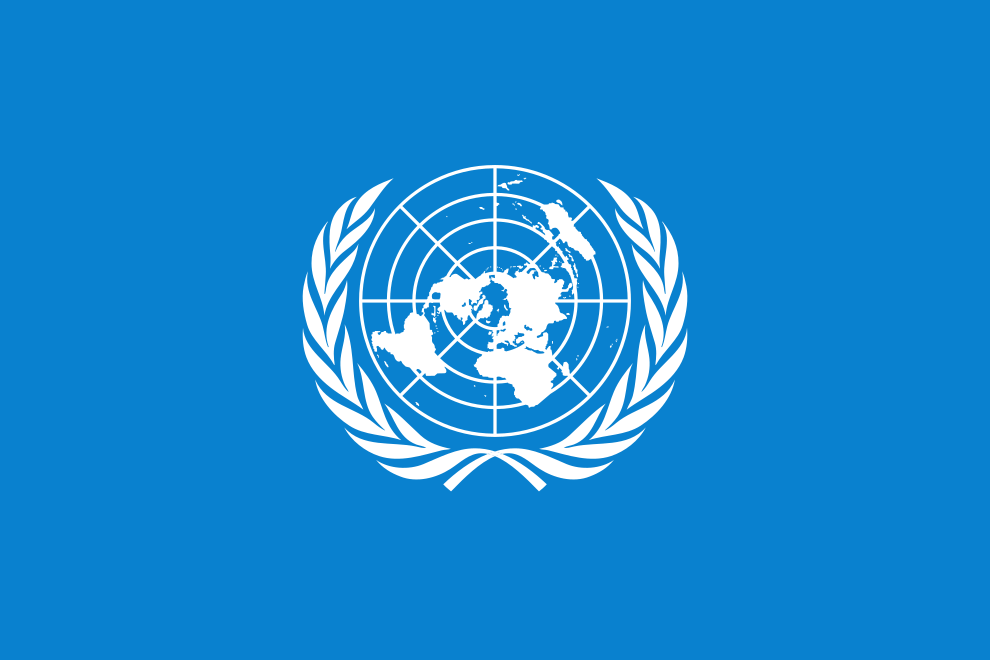United States
Presidential Recognition
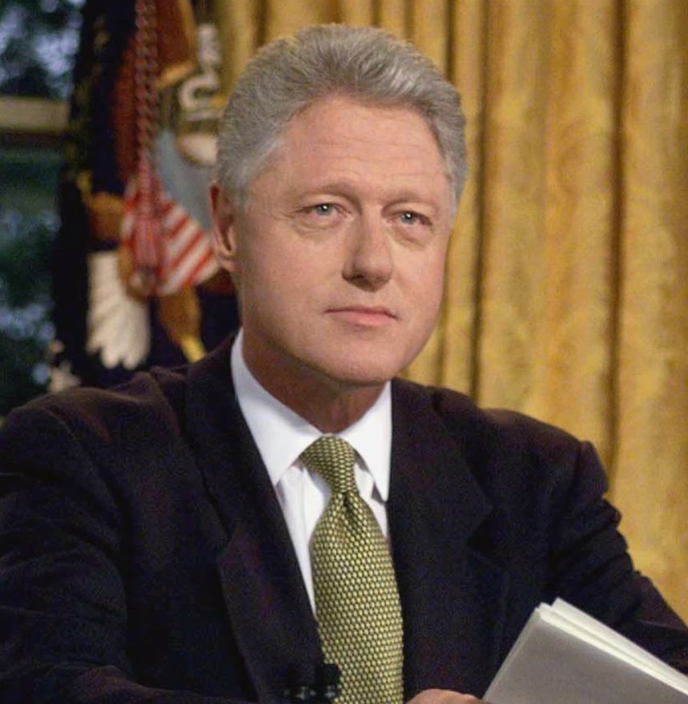
Former U.S. President Bill Clinton made the following assertion after the rights of Jews displaced from Arab countries were discussed at ‘Camp David II’ in July, 2000 (From White House Transcript of Israeli television interview):
“There will have to be some sort of international fund set up for the refugees. There is, I think, some interest, interestingly enough, on both sides, in also having a fund which compensates the Israelis who were made refugees by the war, which occurred after the birth of the State of Israel. Israel is full of people, Jewish people, who lived in predominantly Arab countries who came to Israel because they were made refugees in their own land.”

Former U.S. President Jimmy Carter, after successfully brokering the Camp David Accords and the Egyptian-Israeli Peace Treaty, stated in a press conference on Oct. 27, 1977:
“Palestinians have rights… obviously there are Jewish refugees…they have the same rights as others do.”
U.S. House Resolution 185
In a rare display of bi-partisanship, Congressmen, representing both parties, have joined in co-sponsoring this landmark Resolution on Middle East refugees that underscores the fact that Jews living in Arab countries suffered human rights violations, were uprooted from their homes, and were made refugees.
The Resolution declares that “it would be inappropriate and unjust for the United States to recognize rights for Palestinian refugees without recognizing equal rights for former Jewish, Christian, and other refugees from Arab countries.”
Unanimously adopted by the House on April 1, 2008, HRes 185 affirms that all victims of the Arab-Israeli conflict must be treated with equality, including Jewish, Christian and other refugees from countries in the Middle East and urges the President to henceforth, US officials participating in Middle East discussions must ensure:
“That any explicit reference to Palestinian refugees is matched by a similar explicit reference to Jewish and other refugees, as a matter of law and equity.”
Photos from the House Deliberations on H.Res.185 Adopted – April 1, 2008
Formal Hearings were held by Congressional Committees in the United States -Senate and House of Representatives – 2007, 2008
Political Representations
On the international level, JJAC, pursued a series of political meetings and representations to leaders and government officials in:
Canada

Canadian Prime Minister Paul Martin (2005)
“A refugee is a refugee and that the situation of Jewish refugees from Arab lands must be recognized. All refugees deserve our consideration as they have lost both physical property and historical connections…”

Canadian Foreign Minister John Baird (2014)
“Fair and equal acknowledgement of all refugee populations arising out of the Arab -Israeli conflict requires the recognition of Jewish refugees.
Canadian Parliamentary Motion
On March 4, 2014, the Canadian cabinet adopted two recommendations made by the Standing Committee on Foreign Affairs, and a concurrence motion was adopted by the Parliament stating:
“The Government of Canada officially recognized the experience of Jewish refugees who were displaced from states in the Middle East and North Africa after 1948,” and encourages the direct negotiating parties to take into account all refugee populations
United Kingdom

British Prime Minister Theresa May (2017)
“We must recognize how difficult at times this journey has been – from the Jews forced out of their homes in Arab countries in 1948 to the suffering of Palestinians affected and dislodged by Israel’s birth…”
Hearings in the British Parliament and House of Lords 2008 2014

France
Recognition by the French State of “Eastern Jews”
On July 1, 2025, Member of the French National Assembly Mr. Joseph River asked:
“whether the nearly one million Jews exiled from the East could, one day, be officially recognized by France?”
On July 29, 2025, Minister Aurore Bergé (in charge of L’Egalité entre les femmes et les hommes et de la lutte contre les discriminations) responded in the Journal Officiel by recalling the recommendation that:
“the study of national emancipation movements in the Middle East be integrated into the next school curricula of the lycée… this measure would make it possible to return in a precise and documented manner to the tormented history of Jewish societies in the Arab world since the beginning of the 20th century and to meet the legitimate expectations of the historical recognition of this largely unknown past.”

Israel
Israeli Law on Rights for Jewish Refugees in Arab Countries

Adopted by the Knesset on September 28, 1969
Israel established to collect:
“…Documents regarding acts of persecution against Jews; The registration of Jewish personal and communal claims regarding bodily harm, or the expropriation or loss of property.”

Adopted by the Knesset on March 3, 2002
Israel reaffirmed that it desired to collect: “…research and registration with the objective of gathering legal material on damages to property and the persecution of Jews… who left all Arab states and Iran.”

Adopted by the Knesset on March 3, 2010
As part of negotiations to achieve peace in the Middle East, the government will include the subject of providing compensation for the loss of assets of Jewish refugees from Arab countries and Iran, including assets owned by the Jewish community in these countries.
Other Formal Public Representations

EUROPEAN PARLIAMENT and European Union 2008

UNITED NATIONS HUMAN RIGHTS COUNCIL,
March 2008, September 2025

